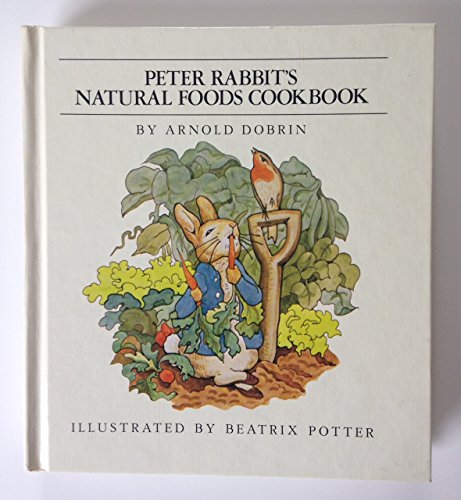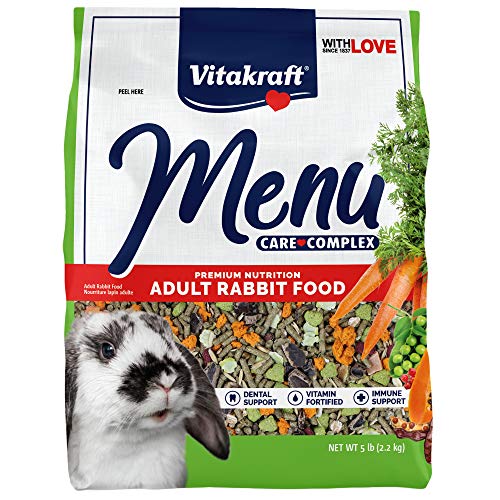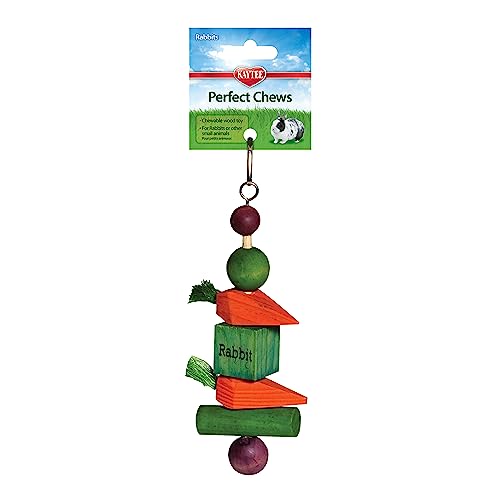ramblingrabbit
Well-known member
Ostara had ten (10) kits the other day! We've never tried to let her nurse that many before (only eight), but these all looked lively and healthy so we thought we'd give it a go this time. She's an experienced mother by now, she has done well every time, so if any doe can manage it, she can. They look good so far.
We're giving her basically all the rolled oats, and alfalfa pellets she can eat--plus lots of fresh greens and miscellaneous energy foods like roots and sugarcane. I've also been giving her a bit of parsley daily because I heard that's a good lactation tonic. (I've also heard the same of comfrey, but she won't eat that.) I plan to wean the kits as early as possible too.
Any other groovy tips for helping does with large litters? :idea:
We're giving her basically all the rolled oats, and alfalfa pellets she can eat--plus lots of fresh greens and miscellaneous energy foods like roots and sugarcane. I've also been giving her a bit of parsley daily because I heard that's a good lactation tonic. (I've also heard the same of comfrey, but she won't eat that.) I plan to wean the kits as early as possible too.
Any other groovy tips for helping does with large litters? :idea:








































![FHQHTH Faux Raccoon Fur Purse Fuzzy Handbags for Women Evening Handbags Al alloy Shoulder Strap [Rabbit White]](https://m.media-amazon.com/images/I/31mEJhLS1lL._SL500_.jpg)












